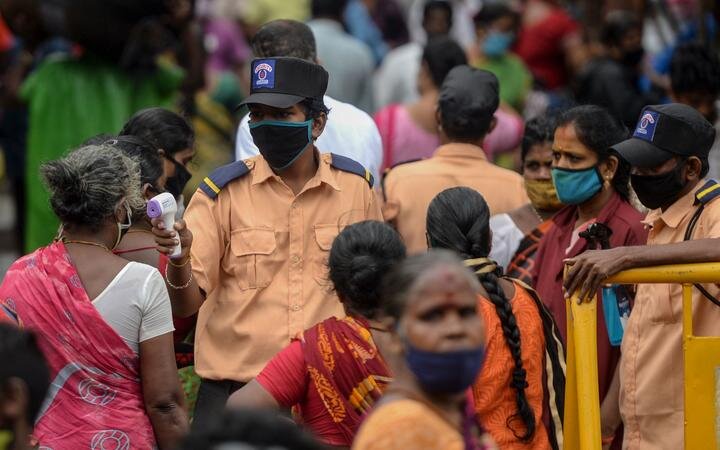International Older Persons Day is a chance to think about the individual older New Zealanders we know and to confront ageism, Seniors Minister Tracey Martin said this week.
“What happened around COVID-19 is a reminder that our over-65s are a very large and diverse group of people and we need to recognise this across government and in our lives,” Minister Martin says.
“Like the rest of the developed world, New Zealand has an ageing population, which reflects more of us are living longer, healthier lives than ever before.
“This group – and I say group reluctantly – aren’t all the same. Seniors, those over 65, are 800,000 very different individuals with very different circumstances and needs.”
Some older people do have health or mobility or income issues and they do need extra support and care.
“However, many are still in paid work and lots of our seniors are people who look after others – their children, grandchildren, others in their communities – rather than people who need help themselves.
“The more seniors there are, and the numbers are growing all of the time, the more diverse this group is. We need to recognise this if we are to do the right things as a society and get the right government policies,” Mrs Martin says.
“For example, New Zealand’s response to COVID saw community groups, businesses, government and individuals all doing things to reach out and help older people who needed contact or extra assistance. But initially, there was also unfortunate use of the word ‘vulnerable’ to refer to those over 70.
“Language is important. There are extra health risks with age, but not everyone over 70 is ‘vulnerable’ or ‘elderly’ and it’s certainly not how they see themselves.”
The Minister said New Zealand needs to think differently about ageing if we are to tap into the potential of the growing seniors population and to offer people the best possible futures.
“COVID has seen us behave better overall, but I don’t want it to set our attitudes back. Our progress has been because everyone, including seniors, did their bit in staying home and keeping others safe.
“Some over-65s were also the first to get out and travel domestically after lockdown and the Office for Seniors is currently working on travel promotions for this group to support the tourism sector.
“We’ve got a large senior market and workforce the country simply can’t afford to overlook.
“On the International Day of Older Persons, let’s remind ourselves that older people are our parents and grandparents and move away from casual ageism.” – TIN Bureau
Some statistics to note:
• By 2027 it is expected there will be a million seniors and by 2034, more than a fifth (21.4%) – 1.2 million New Zealanders – will be aged 65+.
• As at June 2020 there were 88,000 people 85 or older – 11% of the senior population. That number is predicted to rise to 179,000 in 2034.
• The senior population is increasingly diverse. By 2034 the number of Māori aged 65+ will more than double from 2018 figures (from 48,500 to 109,400) the senior Pacific population will also do this (from 21,300 to 46,700), and there will be nearly three times as many Asian NZers aged 65+ (from 59,500 to 171,900).
• Seniors currently make up around 6.7% of the workforce (in the June 2020 quarter). By 2033 the number of seniors at work will increase by more than 50% and make up 9.5% of the workforce.




